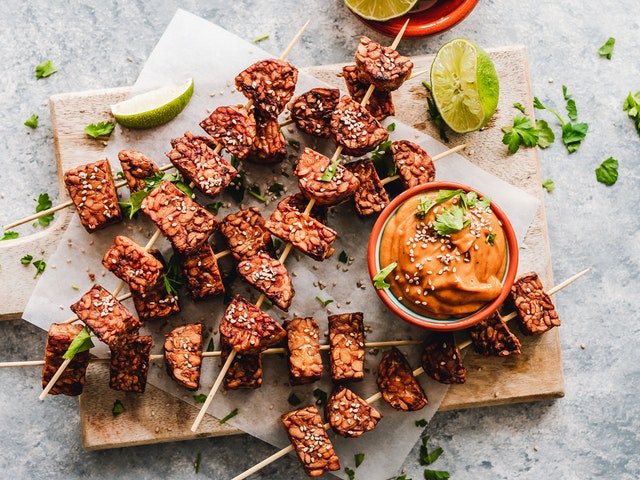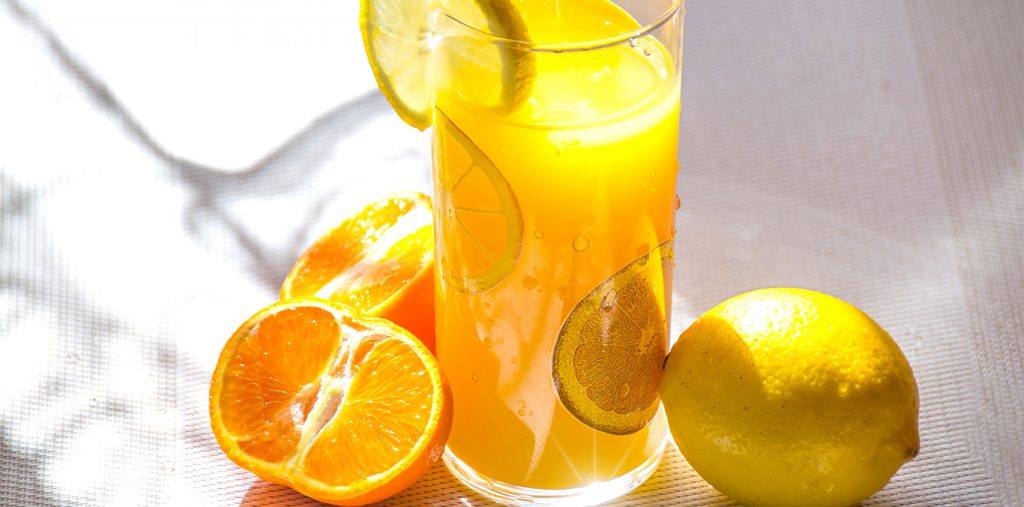In the U.K., consumers are gobbling up organic food by the bushel. In fact, according to the Organic Centre Wales, “Direct sales of organic food through box schemes, farmers’ markets and farm shops grew by more than a third to L144 million during 2004.” And those numbers have continued to rise as consumers become increasingly concerned about the long-term effects of the chemical fertilizers and pesticides used on crops grown by non-organic farms. While most people agree that organic food is preferable over non-organic, a debate has begun about the source of organic foods. For example, is imported organic food as desirable as UK organic food?
Making the Case for Local Organic Food
Those on one side of the debate insist it doesn’t matter where organic food is grown; rather, the crucial factor is that the food meets stringent standards to ensure that it is truly organic. Those on the other side of the debate are equally vehement that locally grown organic food is preferable to imported organic food, both because the fossil fuels used to transport imported organic food add to global warming and because UK organic food supports local farmers.
Advocates say that you can find UK organic food at an organic farm shop, or even arrange for organic food delivery right to your door. You can even find organic fish, such as organic trout from an organic fish farm. There, the organic trout may live in 400-year-old spring water and eat natural shrimp that comes from organic watercress beds.
Those who favor importing organic food point out that an organic farm shop will only have seasonal foods, which severely limit the choices consumers have when preparing meals. Imported organic food, they say, retains its superior nutritional quality while delivering a bountiful variety of fruits and vegetables.
Some people, of course, take the middle ground, and opt to select their foods from an organic farm shop when what they desire is in season and shop for imported organic food the remainder of the year.
The Bottom Line
People may differ in their opinions about whether or not to limit one’s consumption of organic food to that grown locally, but virtually everyone agrees that organic fruits, organic vegetables, organic fish, and organic meats are preferable to those that are grown with chemical fertilizers, insecticides, and fungicides.
Currently, non-organic growers are authorized to use over 1,000 chemicals on crops. This translates into everything from soil erosion due to over-farming to dangerous toxic runoff into our drinking water. Growing food organically is a way to reverse this trend. With over 700,000 hectares dedicated to UK organic food, farmers are trying to meet consumer demand. Still, some markets import almost half of the organic food they sell. As for who will win the debate over locally grown organic food vs. imported organic food, only time will tell.



